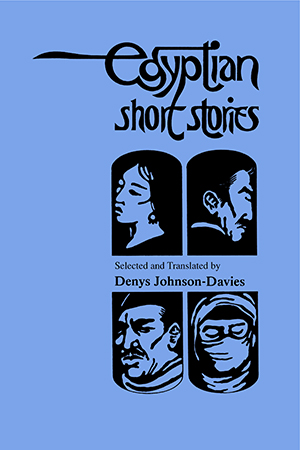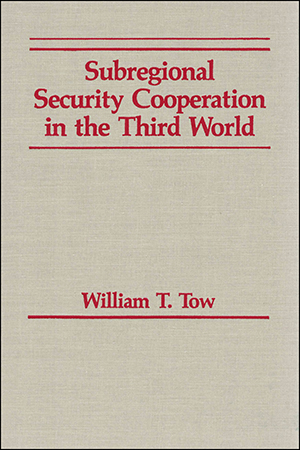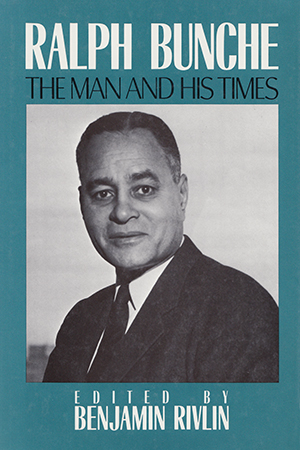BOOKS
Classification systems and typologies, if properly developed, can help formulate research questions, determine agendas for inquiry, and lead to the development of scientifically testable More >
In just twenty years, popular movements have changed the face of Mexican politics, as organized groups of peasants, teachers, city dwellers, women, and students have crowded into the More >
Grappling with the constraints and opportunities the U.S. Army faces in designing policy and strategic options for the post-INF era, a select group of scholars, military officers, and More >
Andres Serbin explores the complex of factors—external and domestic—that have shaped the geopolitical dynamics of the Caribbean region since the emergence, beginning in 1962, of More >
Challenging the literatures on war termination, civil war, and revolution—which typically dismiss the possibility of negotiated settlement—Stephen Stedman examines the problem of More >
Jameel Farran, a Christian Arab, is forced to flee his destroyed Jerusalem in 1948. Teaching at Baghdad University, he falls in love with a beautiful Muslim girl, Sulafa, but their turbulent More >
Seventeen short stories by such well-known writers as Abdullah, Idris, Mahfouz, Taher, Ibrahim, Sharouni, Fahmy, Sibai, and More >
Providing a wealth of primary source data on the European Community after the accession of Spain and Portugal, Alfred Tovias assesses the changes—demographic, economic, and More >
Within the past decade, traditional regional security organizations formed during the Cold War have gradually been supplanted by more indigenous groupings designed specifically to address More >
Illuminating the many facets of his career and exploring his extraordinary legacy, a distinguished group of authors examine Nobel peace laureate Ralph Bunche's ideas and activities More >



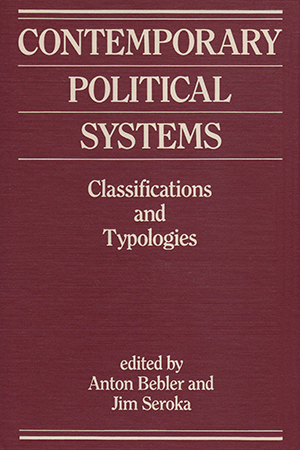
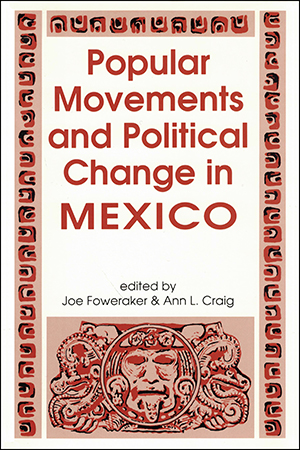
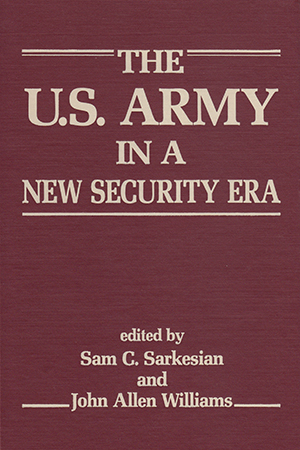
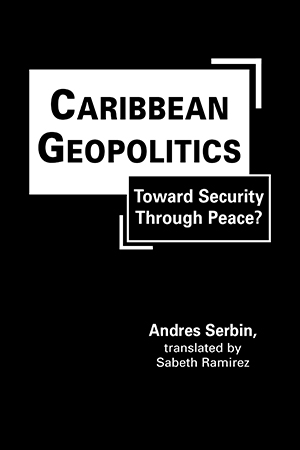
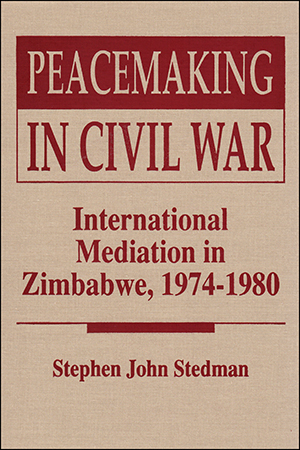
![Hunters in a Narrow Street [a novel]](/uploads/66fda77640acb.jpg)
